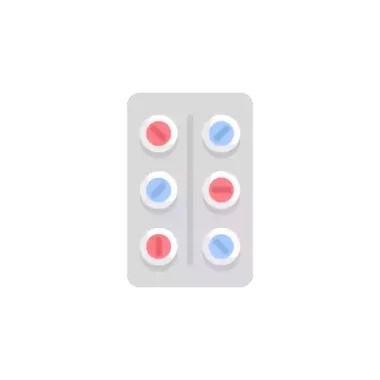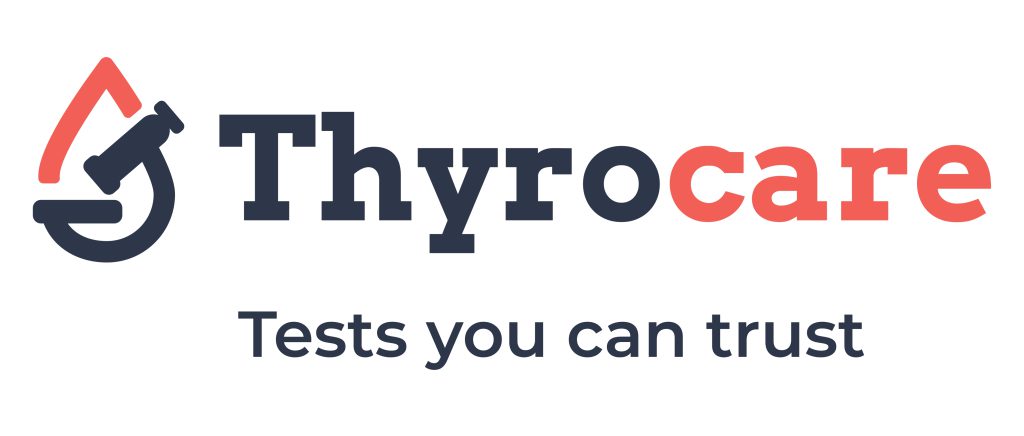Jectophen 1gm Injection
Jectophen 1gm Injection is an antibiotic that fights bacteria. It is used to treat certain types of serious infections caused by bacteria when other antibiotics cannot be used. It works by killing the bacteria that cause these problems. However, it will not treat a viral infection.








